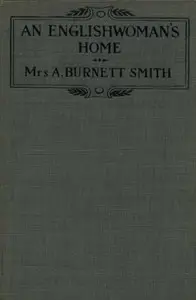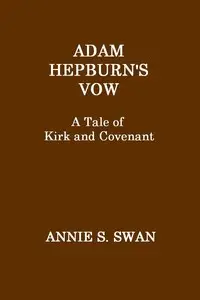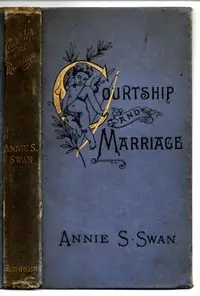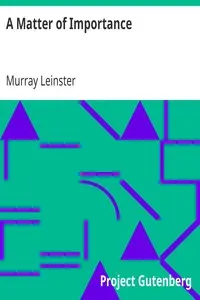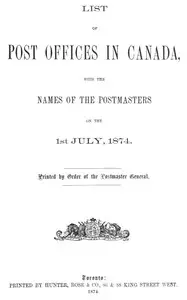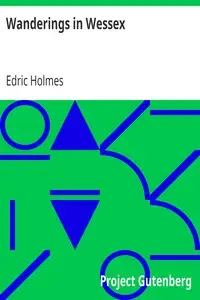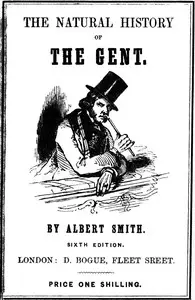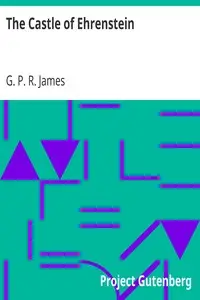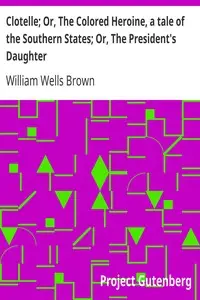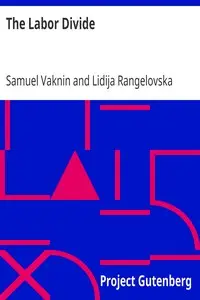"The Guinea Stamp: A Tale of Modern Glasgow" by Annie S. Swan is a novel written in the late 19th century. The story introduces us to Gladys Graham, a young girl who is suddenly orphaned and must confront the harsh realities of life without her father, an unsuccessful artist, in the bleak environment of a small Lincolnshire village. With no prospects or support, she finds herself at the mercy of her uncle, Abel Graham, a miserly man who brings her to Glasgow, where she is thrust into an unfamiliar and challenging world. At the start of the novel, we witness Gladys in her father's modest studio, grappling with her grief and uncertainty about her future. After the death of her father, her uncle arrives, and Gladys, realizing that she has no choice but to go with him to Scotland, prepares for this new chapter in her life. The opening chapters depict her somber transition from a life of an artist's child to living with a distant uncle in Glasgow, where the atmosphere is heavy with poverty and desperation. As she navigates this new, unfamiliar world filled with struggle and hardship, readers are introduced to Walter Hepburn, the boy who works for her uncle and becomes a source of companionship for her. The poignant depiction of her struggles and the unlikely friendships that arise set the tone for a narrative that deeply explores themes of resilience, familial bonds, and social hardship. (This is an automatically generated summary.)
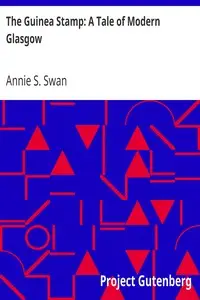
The Guinea Stamp: A Tale of Modern Glasgow
By Annie S. Swan
"The Guinea Stamp: A Tale of Modern Glasgow" by Annie S. Swan is a novel written in the late 19th century. The story introduces us to Gladys Graham, a...
Annie Shepherd Swan, CBE was a Scottish journalist and fiction writer. She wrote mainly in her maiden name, but also as David Lyall and later Mrs Burnett Smith. A writer of romantic fiction for women, she had over 200 novels, serials, stories and other fiction published between 1878 and her death. She has been called "one of the most commercially successful popular novelists of the later nineteenth and early twentieth centuries". Swan was politically active in the First World War, and as a suffragist, a Liberal activist and founder-member and vice-president of the Scottish National Party.



